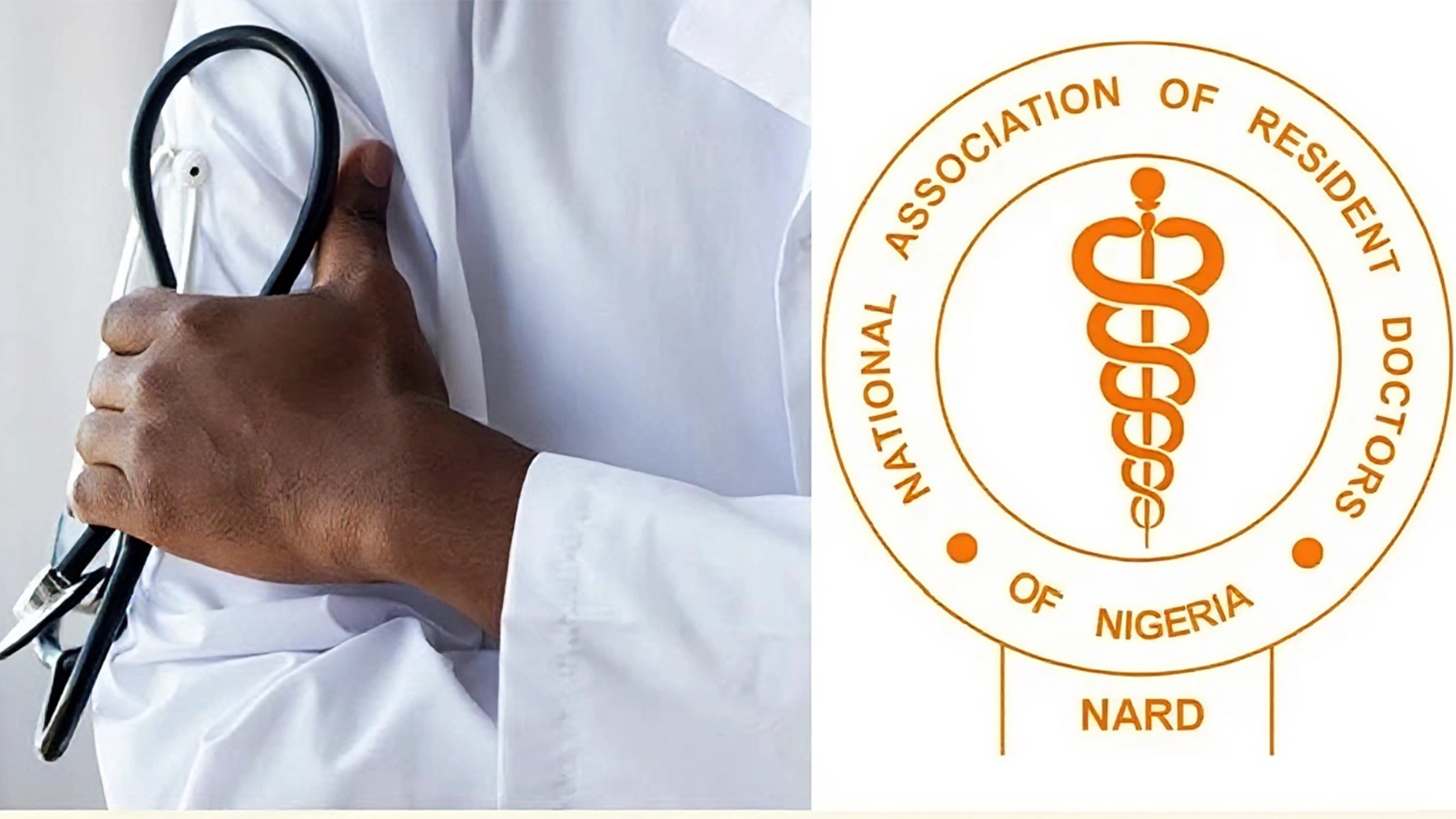
The Nigeria Centre for Disease Control and Prevention (NCDC) has recorded 40 confirmed cases of Mpox out of the 830 suspected cases in the country.
Meanwhile, the World Health Organisation (WHO) has said that Nigeria is not at high risk but rather at moderate risk of the spread of Mpox, but stressed the need for the country to remain vigilant considering that cases are being reported as far as Europe and Asia.
However, Nigeria is to receive doses of the Mpox vaccine through donation from the US government.
Speaking at the Joint NCDC/WHO National Mpox Briefing with Stakeholders and Partners meeting on Friday in Abuja, Director General of the NCDC, Dr. Jide Idris, said that the NCDC has met with the state governments and the state commissioners of health, basically to intimate them on the need to establish their own emergency preparedness and response teams, capabilities, and action plans with the support of the centre.
He said, “We discussed what they are going to do in conjunction with their various local government areas, that is, in terms of coordination and incident management system. The essence is that the problems are at the sub-national level. We need to see how we can all collaborate together to reduce the incidence of this disease in Nigeria, Africa, and globally.”
Idris noted that after Mpox was declared a public health emergency of international concern, Nigeria activated an Emergency Operations Center (EOC) and has established incident management systems and an incident action plan on what should be done, including costs for each using the different pillars.
“Looking at the number of cases we have in the country, which is about 40, quite a number of them are in about 12 or 13 states. A number of the cases are in the South-South, South-East, some in Lagos, Ogun, and up north there. Looking at the distribution, our plans now are to target those states so that we can reduce the number of cases through active surveillance to detect more cases.”
“We have to beef up our laboratory services. All the cases we have seen so far were confirmed using genomic sequencing in two labs, National Research Lab in Abuja and in Lagos. But because of the spread, what is happening, we need to increase the number of laboratories we’re going to use to test. So we are including LUTH and the African Center for Genomics (ACG).
“More importantly, we need to increase all the laboratory capabilities, especially in the South-South, South-East area. We also know that in our network, quite a number of laboratories have the capacity to do PCR, but they may not be able to test for Mpox. So we need to beef up those capabilities, either by training or by supplying them with necessary reagents and consumables. We’ve identified a number of laboratories who are looking into that,” he added.
The NCDC boss stated that the centre is intensifying public awareness to enlighten the public on what Mpox is, how it presents, and what people can do to reduce or prevent the spread.
He added, “The spread is based on contact with infected animals or infected humans. So once you can reduce or stop that contact, the transmission can easily be done. Although there are some cases, especially those caused by clade 1B, which have sexual transmission, and also some airborne. And that’s why, again, people, that’s the essence of this public enlightenment and public awareness, which we need to intensify.”
On the challenges so far, Idris said, “There are some challenges we have been addressing in terms of data collection, for instance. We know that there are three states we have not reported anything from; some states may not report these cases because of stigma issues, or we consider it as not visible to them. Like we did for cholera, we are sending people out. We hope to get more cases. The objective is to reduce the number of cases, but we need to intensify active search. All the cases we have here are of the clade 2B type, the less serious type, but we also have to be on alert for clade 1B.”
Also speaking, Country Representative of the WHO, Dr. Walter Mulombo, said that the organisation will continue to work with the Nigerian government to strengthen public health measures that are needed to control the outbreak.
Mulombo noted that there is a huge demand for the Mpox vaccine but the vaccine is in short supply, adding that the capacity of the current manufacturer cannot meet the global demand unless some kind of intervention is made.
He said, “Nigeria will be receiving a number of doses of vaccine through donation from the U.S. government. The needs globally are huge but the vaccine is in short supply; the capacity of the current manufacturer cannot meet the demand.”
Mulombo stressed the need for Nigeria to optimize and increase the number of laboratories to enhance case detection.
“We showed that the epicenter for this new emergency of international concern is in Central Africa and neighboring countries. It’s triggered by the appearance of the new gladiator. It’s an opportunity. So, it’s ringing the bell on the need to remain vigilant and continue to monitor microbes in nature causing the disease. So, we were able to show the picture in Africa, also outside Africa, where we have observed cases in Europe and now in Asia. And of course, Nigeria is not at high risk, it’s at moderate risk, but we need to continue to remain vigilant because we have cases reported as far as Europe and Asia. Nigeria is not safe until all countries are safe,” he added.






